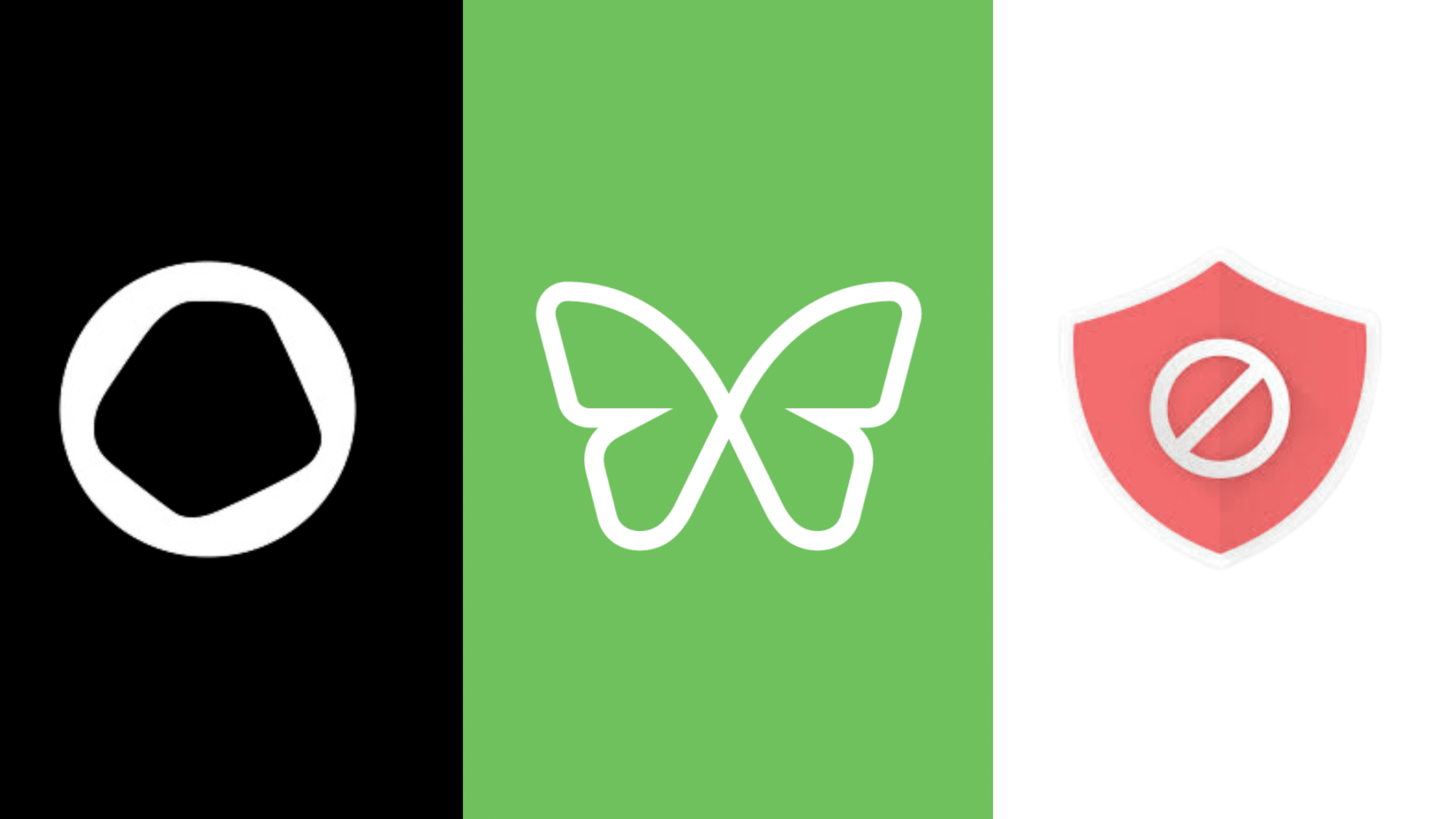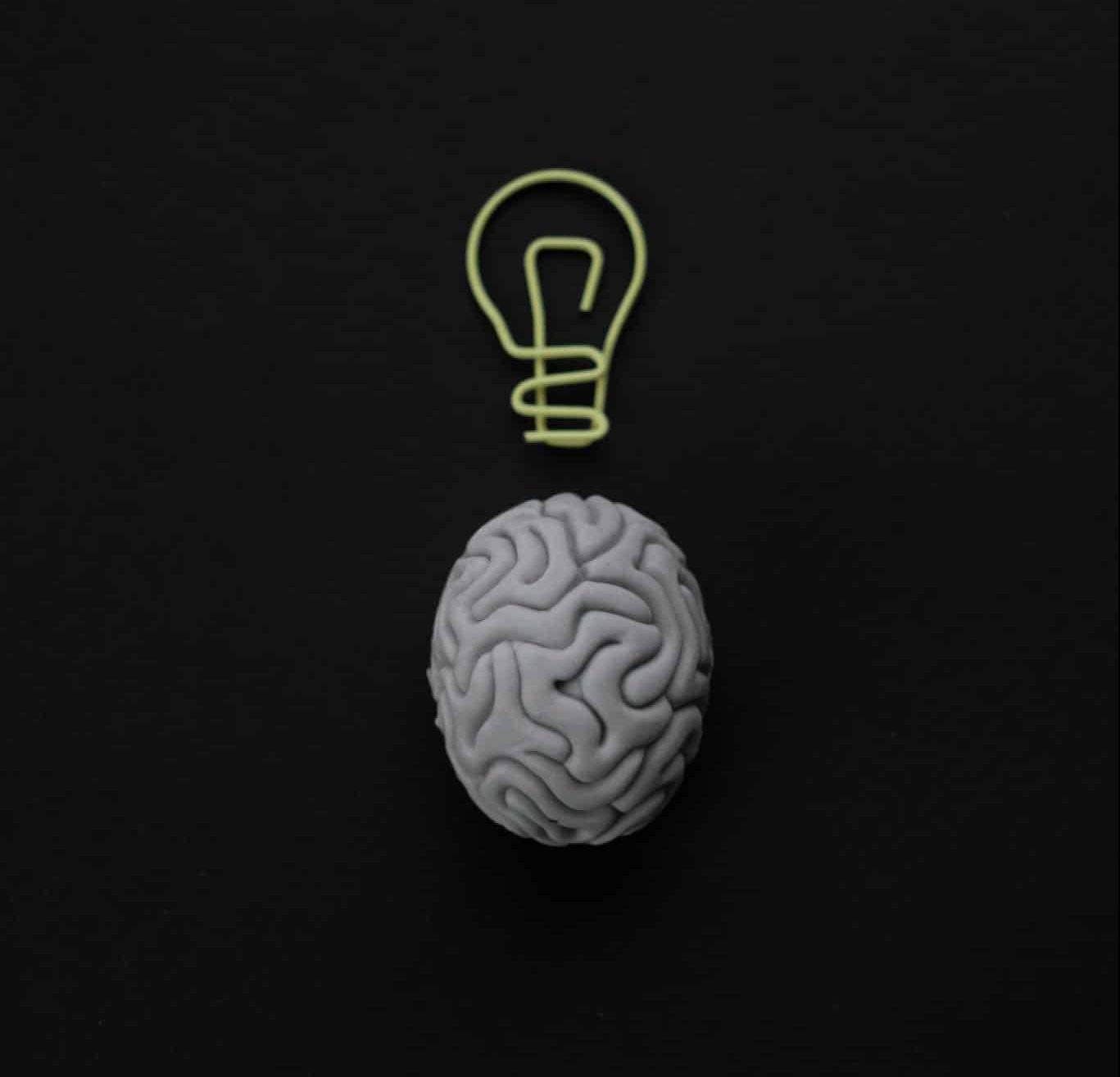Customize Your Environment to Create a Calm & Productive Workspace

How Your Sensory Experience Impacts Productivity & Happiness
How many hours have you spent at your workspace helplessly distracted by your noisy cubicle neighbor’s aggressive typing or the stench of microwaved salmon wafting in from the staff kitchen? Yeah, we’ve all been there. And as we’ve learned, remote work doesn’t eliminate those interruptions either. So whether your distracting office setting has caused you to miss deadlines or just tested your temper, one thing’s for sure: your work environment heavily impacts productivity.
But the good news is that you can hack your office setup to create a productive workspace. Understanding how and why sensory input influences your productivity is the first step. (Hint: it’s not the same for every person!) We’ll cover why working conditions affect us, how certain environmental factors help or hurt productivity, and ways to create a productive work environment for yourself. With a few intentional adjustments, you’ll level up your workspace productivity skills in no time!
Though we don’t realize it, we’re constantly scanning our environment, filtering sensory input, and determining if it’s worth our attention.
The Science of a Distracting Work Environment
Stop beating yourself up about being easily distracted in your workplace. Our brains were designed for that. Seriously!
Though we don’t realize it, we’re constantly scanning our environment, filtering sensory input, and determining if it’s worth our attention.
This happens for two reasons: 1) we’re surrounded by so much stimulus it’d be impossible to process all of it, and 2) it’s how we’ve avoided potential danger for the past thousands of years.
At its core, our senses highlight anything around us that’s potentially threatening. But it doesn’t always feel helpful, especially when we know we’re safe.
The thing is our brains process unpleasant inputs faster than positive (or even neutral) ones and directs our attention to that stimuli. It makes sense — smelling fire, tasting poisonous substances, or hearing ambulance sirens are all unpleasant experiences that do warn of danger. But clutter, drafty AC, or greasy fast food aromas? Not so much. Still, we mentally flag it, and, well, suddenly, our workspace productivity is virtually non-existent.

How Sensory Feedback Impacts Productivity (And People)
Distraction isn’t the only issue when creating a productive workspace. It’s much more holistic than that. When it comes to working conditions, distraction often runs hand-in-hand with larger barriers to productivity — and these can be seriously harmful to our mental and physical health if left unchecked.
Let’s take a closer look at clutter, for example. Those stacks of paper are an obvious eyesore, and digging through piles of files to find the one you need is profoundly inefficient, but that messy office setup kills more time than you think. And to those who claim to thrive in chaos: the science begs to differ. Studies show clutter boosts the body’s cortisol levels, potentially triggering depression and anxiety over time. Plus, it’s common for those feeling overwhelmed by their crowded workspace to procrastinate as a coping mechanism. Now account for the fact that it’s cognitively draining to be surrounded by so much disorganization.
But at the same time, a bland workspace lacking color, decor, and personalization also harms productivity. People perform better in places that feel like their own, and their workspace productivity is 25% higher when allowed to decorate freely. It increases happiness, which is always a positive, but greater morale equals better work too. Everyone wins.
People perform better in places that feel like their own and their workspace productivity is 25% higher when allowed to decorate freely.
So it’s not just about aesthetics. Our working environment impacts productivity in more ways than we realize. Ultimately, over-stimulation leads to overwhelm, while under-stimulation can cause “boreout”: both negatively affecting motivations and health outcomes.
Sounds hard to find a happy medium, right? And it is — because what makes a productive workspace differs for everyone. Neurodivergent folks, in particular, may be more sensitive to their environments, noticing sensations their coworkers can tune out. But, at the end of the day, workspace productivity is a highly individual experience and may change depending on your current task. So you have to customize your work environment to meet your needs.
7 Environmental Factors That Your Ability to Affect Focus
From a stuffy office setting to harsh overhead lighting, there are endless factors that can bring workspace productivity to a halt. You’re probably already annoyed by some distracting sensations, but you may not even be aware that others are impairing your concentration.
After you notice how your working conditions affect you, you can start to create a more productive environment. Check out these seven workplace distractions and consider how they impact your office setup.
- Ergonomics.
Uncomfortable working positions are clear distractions to productivity. How can you focus when you’re constantly in pain? Most people don’t consider ergonomics when choosing their office setup, but overlooking this can be harmful in the long term.
Poor workplace ergonomics cause immediate fatigue and pain, but chronically incorrect posture can lead to more significant health complications like spinal dysfunction, reduced circulation, and carpal tunnel.
Investing in ergonomics boosts workspace productivity by increasing worker efficiency and may reduce sick days taken in the future for posture-related issues.
- Temperature.
Cold winter day in the office? Saving those extra dollars by refusing to turn up the heat may cost you other ways. Your body spends more energy regulating your temperature whenever you’re too warm or too cool, so an uncomfortable heat level is both distracting and exhausting.
One environmental analyst found that humans made 44% more errors when the office temperature was at 68°F instead of the optimal 77°F. And worker output also jumped by 150% when the thermostat hit that ideal range. So, to say temperature plays such a significant role in workspace productivity would be an understatement.
- Sound.
Some people’s most productive workspace is filled with background noise and indistinguishable chatter. For others, not so much. A completely quiet work environment may increase concentration, but any standard workplace noise or necessary collaboration will stand out even more in this office setting.
On the other hand, a workspace that’s too loud is equally distracting. Excess noise impairs cognitive function, and chronic exposure can increase your risk of developing depression or neurodegenerative disorders. Plus, workplace stress can heighten agitation and anxiety for those already sensitive to sound.
Color psychology tells us that blues and greens are best for a productive workspace, helping to calm the mind and aid relaxation.
- Air quality.
Did you know that even air quality can impact workspace productivity? And you don’t have to breathe smoggy air for this to happen. Airborne pollutants are two to five times more likely to hang out in an indoor office setting. Inhaling these particles lowers your cognitive abilities and leads to inflammation, taking a severe toll on your performance — and health.
If building a more productive work environment alone isn’t a good enough motivator, poor air quality increases one’s risk of developing a mental illness while also causing headaches and fatigue.
- Lighting.
What kind of lighting is in your office setting? While natural sunlight is ideal for creating a productive environment, most working conditions lack sufficient windows. Artificial light may be the solution, but it has its own problems.
Artificial lighting disrupts our hormones, lowering stress tolerance, energy levels, and overall concentration. Plus, it’s a big mood-killer — literally. Needless to say, it’s a massive barrier to workspace productivity.
Poor artificial lighting conditions also detract from focus by contributing to eye strain, fatigue, headaches, and irritation.

- Scent.
Scent is an incredibly powerful sense that highly impacts emotions and memory. There’s a reason aromatherapy has been around so long! We often associate scents with certain situations, so a good-smelling office setting can get us into a working mode. And since our response to fragrance is so strong, using energy-inducing or creativity-boosting scents can aid cognitive function, alertness, and relaxation, among others.
Reducing that lingering office odor may create a more positive work environment. Just note that many folks are sensitive to fragrance and may respond poorly to an artificially-scented office setting.
- Visuals
We already know the impact of clutter on a workspace, but other forms of visual stimulus matter too. Color psychology tells us that blues and greens are best for a productive workspace, helping to calm the mind and aid relaxation. But if you need some creative inspiration, adding yellow to your work environment can get those juices flowing. Don’t be afraid to hang some art; this enhances creativity!
And again, having the freedom to decorate your space as you desire makes for a much happier, healthier workplace.
Atmosphere really is key to cultivating happy, productive office work.
Improve Your Productivity By Upgrading the Sensory Experience
Channel the power of your team’s senses to create a more productive workspace. We’ll show you how! And if some of these changes feel frivolous, reread the science above. Atmosphere really is key to cultivating happy, productive office work.
Remember that there’s no universal method for creating a productive environment. We all have different needs. What improves one person’s output might negatively affect another’s. Your office setup could look drastically different from my working space, and that’s a good thing.
Customize your atmosphere as much as possible to create a workspace that works for you. Play around with any or all of these suggestions while re-inventing a productive workspace that allows you to thrive.

Kick Up the Scent
The sheer act of lighting a candle can feel therapeutic, but choosing your scents intentionally elevates your sensory experience. Mint, rosemary, and citrus fragrances like lemon and sweet orange beat fatigue and boost energy levels, while lavender, jasmine, cinnamon, and sandalwood can be grounding and stress-relieving.
Liven up (or mellow out) your working environment by adding these scents to a diffuser, lighting candles, or misting an essential oil, water, and witch hazel blend from a spray bottle.
Or Go Fragrance-Free
On the other hand, fragrances can become barriers to workplace success — no matter how good they smell. People with chemical sensitivities or allergies may be highly affected by fragrances, specifically artificial ones.
But even natural scents like essential oils can cause everything from brain fog to headaches to breathing difficulties. This goes for perfumes and colognes too! So consider how a fragrance-free policy may boost workspace productivity and simply make for a more accessible environment for all.
Take it one step further and invest in an air filter for a healthier, more productive workspace.
Play Freedom Focus Sounds
Let’s be honest: absolute quiet is virtually non-existent these days. So whether you’re in the company office or working from home, you might need some help blocking out distractions.
Ambient sound mimics natural background audio while drowning out startling noise while enhancing concentration, cognitive function, and worker satisfaction. And when these tracks are created well, they can boost creativity, imagination, and relaxation.
Freedom Focus Sounds are specifically designed for productivity, using components of musical theory to keep listeners powering through their tasks. We’ve also intentionally avoided attention-grabbing sounds that pull away from your focus and matched our track lengths with the length of a Pomodoro session.
If ambient noises aren’t your vibe, give noise-canceling headphones or earplugs a try!
Clean Up the Clutter
We’ve already discussed the benefits of tidying your desk, but that’s probably not the only space where you’re accumulating clutter. For example, how many unorganized documents are filling up your computer desktop right now? What about idle browser tabs?
It’s time to move those icons into folders, close those inactive windows, and block distracting websites and notifications using Freedom. While you’re at it, take a moment to free up your mind, too, with mindfulness and meditation practices.
Use Aesthetics to Your Advantage
Put some intention into your workspace design. Consider color psychology when choosing office decor, add inspiration with wall art, and breathe life into the room with potted plants. Decorations, colorful elements, and other aesthetically pleasing features uplift the workplace, so style away!
Prioritize Ergonomic Office Furniture
Give the gift of comfort by investing in ergonomic furniture — and boost workspace productivity while you’re at it. Choose ergonomically correct chairs featuring adjustable heights and excellent lumbar support, buy monitor risers to maintain appropriate head positioning, and use sit-stand desks to encourage movement. Pull-out keyboard trays and well-designed keyboards and mice also prevent wrist pain and issues that office workers are notoriously prone to.
Open Up the Blinds
Let the sunshine in and bask in the happiness! Natural sunlight is some of the best medicine, triggering serotonin production to boost mood and energy levels. But if you can’t access any windows, bright lights that mimic sunlight are the next best thing.
For those that experience seasonal affective disorder (SAD) when the seasons change, try using a SAD lamp to beat the winter blues.

Enhance Workspace Productivity and Find Freedom
Our senses are incredibly powerful and can influence our moods, energy levels, and concentration in ways we don’t even realize. So don’t let common workplace distractions get you down — use them to your advantage! Customizing your office setup can transform your workspace productivity. Start transforming your work environment today, and find Freedom.



